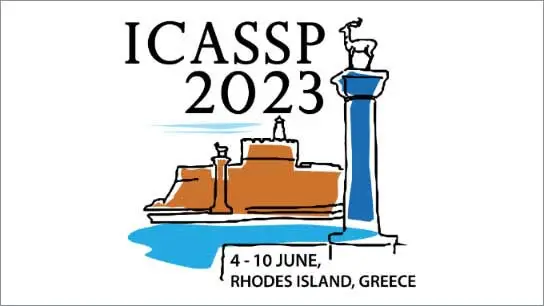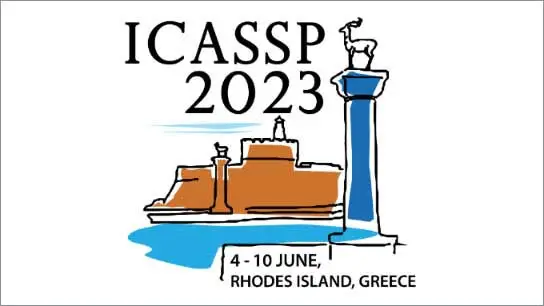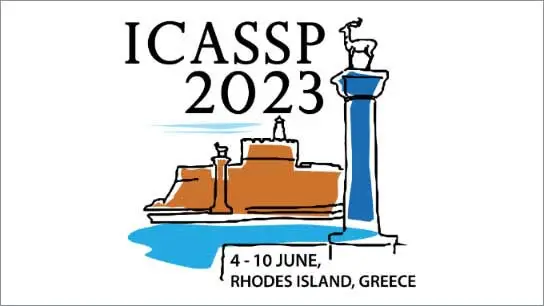BECTRA: Transducer-based End-to-End ASR with BERT-Enhanced Encoder
Yosuke Higuchi (Waseda University); Tetsuji Ogawa (Waseda University); Tetsunori Kobayashi (Waseda University); Shinji Watanabe (Carnegie Mellon University)
-
Members: FreeSPS
IEEE Members: $11.00
Non-members: $15.00
06 Jun 2023
We present BERT-CTC-Transducer (BECTRA), a novel end-to-end automatic speech recognition (E2E-ASR) model formulated by the transducer with a BERT-enhanced encoder. Integrating a large-scale pre-trained language model (LM) into E2E-ASR has been actively studied, aiming to utilize versatile linguistic knowledge for generating accurate text. One crucial factor that makes this integration challenging lies in the vocabulary mismatch; the vocabulary constructed for a pre-trained LM is generally too large for E2E-ASR training and is likely to have a mismatch against a target ASR domain. To overcome such an issue, we propose BECTRA, an extended version of our previous BERT-CTC, that realizes BERT-based E2E-ASR using a vocabulary of interest. BECTRA is a transducer-based model, which adopts BERT-CTC for its encoder and trains an ASR-specific decoder using a vocabulary suitable for a target task. With the combination of the transducer and BERT-CTC, we also propose a novel inference algorithm for taking advantage of both autoregressive and non-autoregressive decoding. Experimental results on several ASR tasks, varying in amounts of data, speaking styles, and languages, demonstrate that BECTRA outperforms BERT-CTC by effectively dealing with the vocabulary mismatch while exploiting BERT knowledge.



